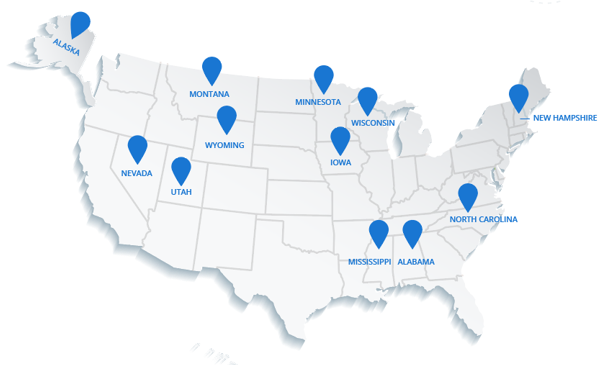Certified Nursing Assistants (CNAs) are the backbone of healthcare, providing vital care to patients in hospitals, nursing homes, and other settings. But in 2024, the landscape for CNAs is changing. With growing demand, new opportunities, and evolving technology, the career path for CNAs is becoming more diverse and promising than ever before.
Demand on the Rise:
The need for CNAs is expected to soar in 2024, driven by several factors:
- Aging population: As the baby boomer generation ages, the demand for healthcare services will increase, particularly for long-term care, where CNAs play a crucial role.
- Shortage of nurses: The nursing profession faces a significant shortage, creating a gap that CNAs can help fill by providing essential patient care.
- Cost-effectiveness: CNAs offer cost-effective care compared to registered nurses, making them attractive to healthcare providers seeking to contain costs.
Expanding Horizons:
While traditional roles like providing basic care and assisting with daily activities remain essential, CNAs are venturing into new areas:
- Specialty Care: CNAs can specialize in areas like geriatrics, oncology, or pediatrics, gaining additional skills and certifications to cater to specific patient populations.
- Telehealth: With the rise of telehealth, CNAs can remotely monitor patients, provide education, and even assist with minor procedures, expanding their reach and flexibility.
- Leadership Roles: Experienced CNAs can pursue leadership positions, becoming supervisors, educators, or even administrators, utilizing their clinical knowledge and experience to guide others.
Technology and Innovation:
Technology is also transforming the CNA landscape:
- Electronic Health Records (EHRs): CNAs are increasingly involved in EHR documentation and data entry, requiring them to embrace technology and adapt their workflows.
- Wearable devices: Tools like smartwatches and vital sign monitors can help CNAs track patient data and make informed decisions, enhancing their care delivery.
- Telepresence robots: These robots can assist with tasks like medication administration and patient monitoring, potentially freeing up CNAs to focus on more personalized care.
Navigating the Future:
For CNAs to thrive in this evolving landscape, several key steps are crucial:
- Continuing education: Staying updated on new skills, regulations, and technology is essential to remain competitive and adapt to changing demands.
- Specialization: Focusing on specific areas can enhance your expertise and open doors to new opportunities.
- Advocacy: CNAs can play a vital role in advocating for their profession, promoting its value and advocating for fair compensation and career advancement opportunities.
A Rewarding Journey:
While the CNA career path is evolving, the core values of compassion, dedication, and patient-centered care remain fundamental. For those seeking a meaningful and rewarding career in healthcare, becoming a CNA offers a promising path with diverse options, continuous learning, and the opportunity to make a real difference in the lives of others.
Sources:
- Bureau of Labor Statistics: https://www.bls.gov/
- American Association for Long-Term Care Nurses: https://www.aaltci.org/
- National Association of Nurse Assistants: https://www.nahcacna.org/
- American Nurses Association: https://www.nursingworld.org/ana/
Remember, this is just a starting point. Research different CNA career paths, talk to experienced professionals and explore opportunities that align with your interests and goals. The future for CNAs is bright, and with dedication and continuous learning, you can pave a successful and fulfilling career in this dynamic field.
Tags:
Nursing.png?width=50&height=50&name=Cube-Logo-150x150%20(1).png)
December 27, 2023




Comments